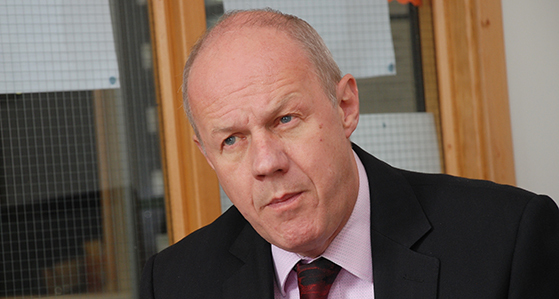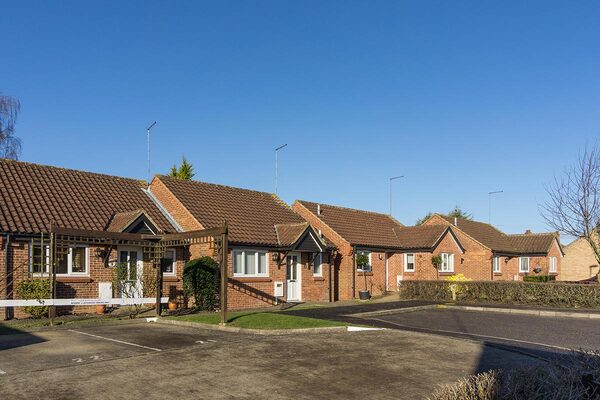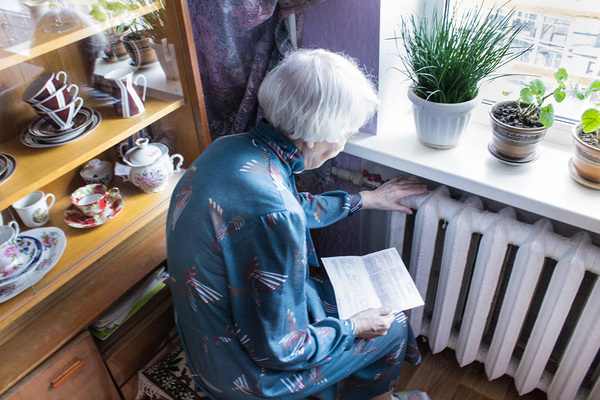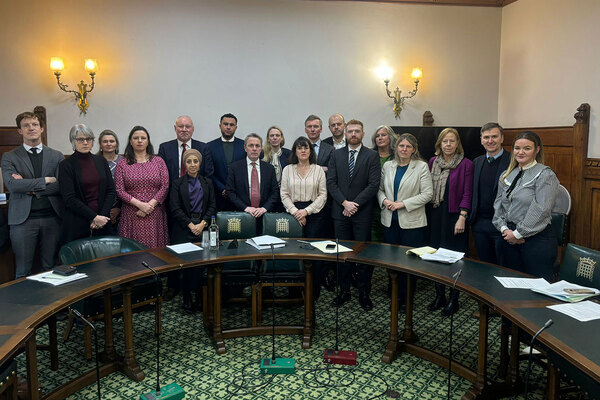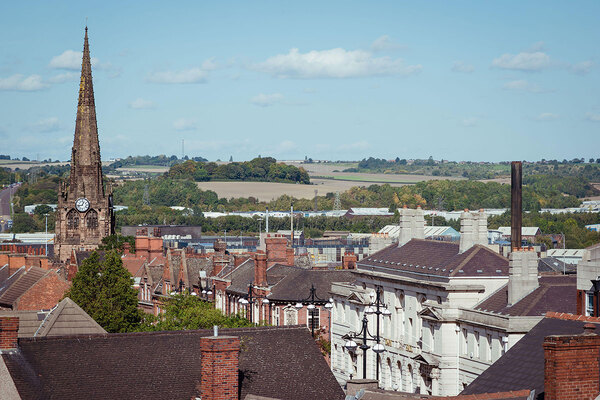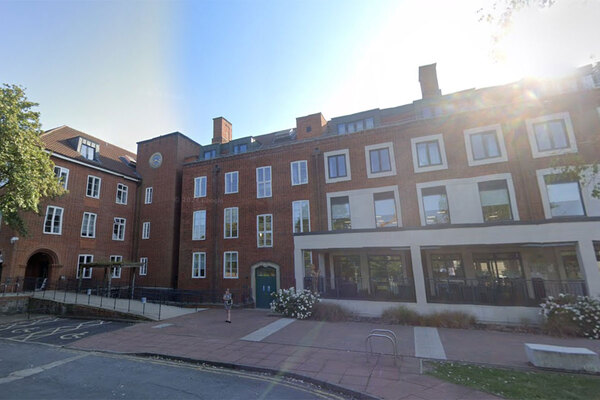You are viewing 1 of your 1 free articles
NHF research shows two in five older private renters struggle to afford food, heating or clothes
More than two-fifths of older private renters in England said they regularly struggled to afford basic living costs like buying food, heating their homes or paying for clothes.
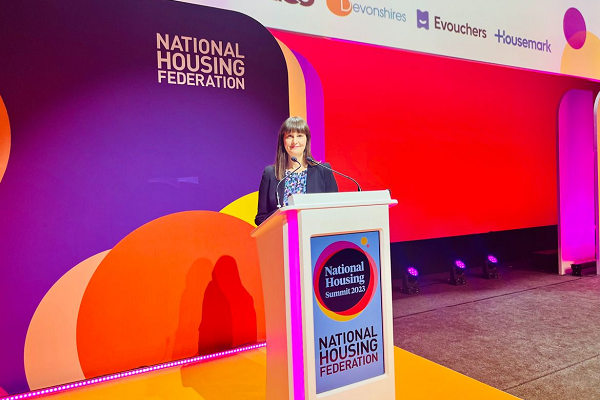
A new report published by the National Housing Federation (NHF) has today laid bare the stark economic and social reality faced by the fast-growing number of older people living in expensive, insecure homes in the private rented sector (PRS).
The number of people over the age of 55 in the PRS has rocketed by over 70% in the past decade, growing at three-and-a-half times the rate of the population. This means there are currently 866,870 older PRS households in England.
Of those households, 364,479 (42%) struggle with basic living costs.
A survey by YouGov, commissioned by the NHF, also found that half (48%) of older private renters worry about getting into debt due to their housing and other living costs being too high.
Nearly a quarter of older private renters have been asked to leave their current or previous home, and just under half of retired older private renters say their quality of life is severely impacted by their housing costs.
In addition, the YouGov polling revealed 37% of retired older private renters see less of their family and friends because they are worried about the costs involved.
At the same time, just over half of those surveyed who are still working want to retire, but can’t currently afford to, because of their housing costs.
Researchers found that pensioners (those aged over 65) renting privately, the oldest demographic, are the most likely to be on very low incomes.
Half of them are in the lowest income bracket in England (the bottom fifth), meaning they live on just £11,341 a year on average after tax.
They are twice as likely to be in the bottom income bracket as renters under 65 and nearly twice as likely to rely on benefits to pay their rent.
The NHF said “the findings uncover the extent of England’s broken housing system”. Researchers predict this points to “a ticking time bomb of pensioners affected by insecurity and high costs in the private rented sector in the years to come”.
According to the figures, pre-retirement private renters, in the 55-64 age group, have increased faster than any other group – six times the rate of the population in 10 years.
With average earnings falling after the age of 50, as this group enters retirement with no other housing options available, the NHF said there was likely to be a huge spike in pensioners living in PRS homes they could not afford.
Researchers at the NHF pointed out that baby-boomers were often thought to have been shielded from the worst effects of the housing crisis.
However, today’s findings show that many have fallen through the cracks are now finding themselves at the sharp end of a crisis that is the result of “decades of underinvestment in social housing and short-term, piecemeal approaches to housing policy by successive governments”.
Kate Henderson, chief executive of the NHF, said: “Today’s report shows that the chronic lack of social housing is now impacting our ageing population in devastating ways.
“The health of older private renters is at risk, as hundreds of thousands struggle to buy food and heat their homes. And when even seeing friends and family is too expensive, this leads to loneliness and isolation.
“More worrying still, the research indicates that an already critical situation is on the verge of getting much worse, as a huge number of middle-aged private renters approach retirement with no affordable housing options available to them.”
Ms Henderson said the research showed how broken the housing system had become at a time when the most vulnerable were living in the least secure, poorest-quality and most-expensive homes in the PRS.
The NHF is calling on all political parties to commit in their manifestos to a national, long-term plan to end the housing crisis that prioritises social housing.
A government spokesperson said: “The Renters (Reform) Bill will deliver a fairer, more secure, and higher quality private rented sector, and through our long-term plan for housing we are on track to build one million homes this Parliament, despite challenging economic headwinds.
“We are also providing £104 billion in cost of living support, including raising benefits and pensions in line with inflation, and helping people with essentials through the Household Support Fund.”
Angela Rayner, deputy leader of the Labour Party and shadow secretary of state for levelling-up, housing and communities, said: “At the height of a cost of living crisis, renters of all ages have never been so exposed and desperately in need of action to tackle the housing emergency.
“On the Tories’ watch, rents and mortgages are soaring, fewer people are able to buy their own home and over a million people are stuck on social housing waiting lists.
“The government’s indefinite delay to the ban on no-fault evictions they promised comes at a heavy price for renters who have been let down by this government for far too long already.
“Labour’s housing recovery plan will meet the scale of the housing crisis this Conservative government has created, jump-starting housebuilding, delivering the biggest boost to social and affordable housing in a generation and reform to make renting fairer and more secure.”
Sign up for our care and support newsletter
Already have an account? Click here to manage your newsletters
